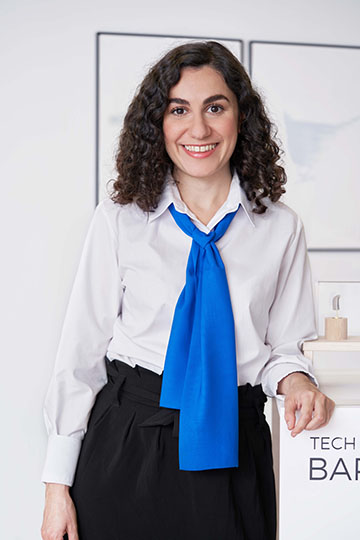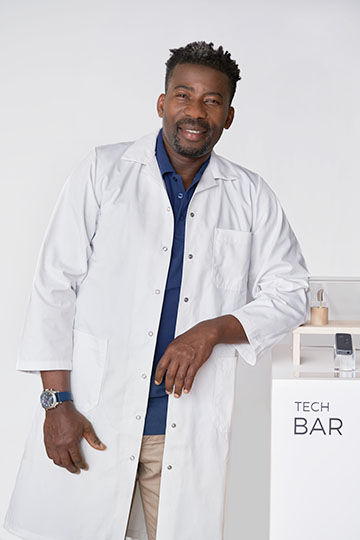Frequently Asked Questions (FAQs) About the Hearing Instrument Specialist Program
What Is the Difference Between an Audiologist and a Hearing Instrument Specialist?
Both professionals assess a patient’s hearing capacity and advise them on hearing aid options.
A Hearing Instrument Specialist focuses on fitting patients with the appropriate amplification.
An audiologist performs a wider range of tests and treatments, such as rehabilitation for balance problems and cochlear implants.
Becoming a Hearing Instrument Specialist requires no college education and certification can be obtained within months.
Becoming an Audiologist requires a minimum of 4 years of undergraduate study and additional years of schooling to complete a doctoral degree.

How Long Does It Take to Become a Hearing Instrument Specialist?
The average time it takes to become a Hearing Instrument Specialist is 3-6 months.
Or, it could take 2-4 years in a college setting.
Is Becoming a Hearing Aid Specialist Worth It?
There are many benefits to becoming a Hearing Aid Specialist, such as:
- Stable career in a growing industry.
- Potential to have a starting, annual salary of approximately $50,000 – with no limit on how much you can earn.
- Minimal to no student loan debt.
- Takes months – not years – to obtain your license.
Predictable schedule. - Steady, salaried income that does not rely on the number of patients or clients you treat.
- Making a difference in people’s lives each and every day.
Is Being a Hearing Instrument Specialist Stressful?
The stress levels of a Hearing Instrument Specialist are considered below average based on an evaluation of the work complexities, the working environment, and the job environment.
Work-life balance has an average flexibility. You can expect a regular schedule.

What Is a Hearing Instrument Specialist's Work Environment Like
As a Hearing Instrument Specialist, you will interact with your patients and colleagues as part of a team on a daily basis. You should expect to communicate in person, through email, on the phone, and potentially through telehealth technologies such as video conferencing.
Your patients will have various backgrounds, ages, incomes, and education levels. Your work will require a high degree of accuracy to avoid errors in fitting patients with hearing instruments.
You will mostly work indoors, within an office setting. You may be exposed to diseases and illnesses when treating patients that could require you to wear personal protective equipment (PPE), including gloves, masks, and goggles.
Request more information
Our team is happy to answer any questions you may have. Fill out the form and we will be in touch as soon as possible.
Contact Information
hearingu@emailprovider.com

